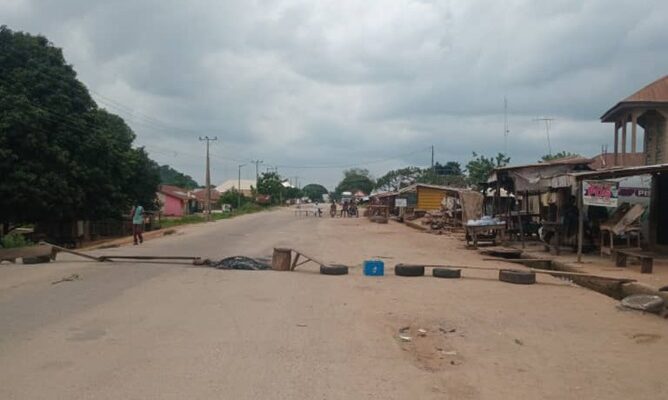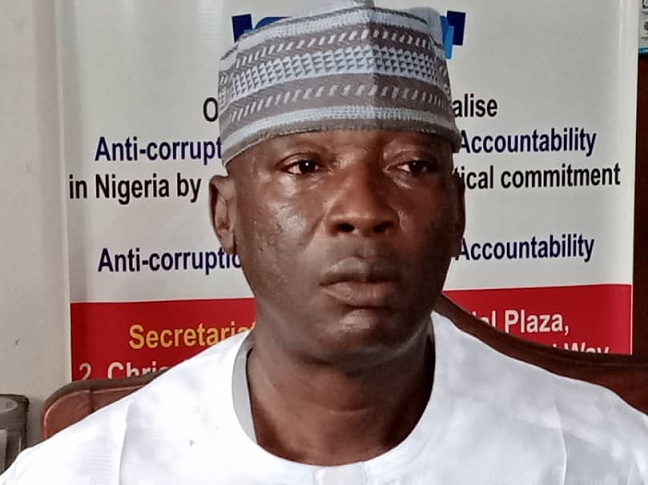The recent surge in banditry, kidnappings, and killings across Kogi West has thrust the region into a state of heightened fear and uncertainty. While the issue of insecurity is a complex one, many residents and observers are pointing to a specific policy decision by former Governor Yahaya Bello as a critical turning point that may have laid the groundwork for the current crisis.
During his tenure, former Governor Bello’s administration took the controversial step of allowing unrestricted settlement of Fulani herdsmen in Kogi West. The stated goal, as put forth by the administration, was to transform the state into a “dairy capital.”
This vision of a new economic boom, however, was met with significant resistance from local leaders and communities who were wary of the potential security implications. Despite these warnings, local government chairpersons were reportedly directed to integrate the new settlers into traditional councils, a move that further heightened tensions and concerns.
A Confluence of Factors
While the former governor’s policy is a focal point of the current debate, it’s important to recognize that it’s not the only factor at play. Kogi State’s unique geographic position, sharing borders with nine other states, makes it a crossroads for various groups.
Additionally, intensified military operations in neighboring states have reportedly pushed criminal elements and bandits into the expansive forests of Kogi, creating a perfect storm for insecurity.
The result is a grim reality for residents. Communities and highways have become hotspots for kidnappings and killings, and even security personnel are not immune to attacks. The promised economic gains from the dairy initiative have failed to materialize, leaving a vacuum where safety and stability once existed. This has led to a growing sense of disillusionment and a loss of faith in the government’s ability to protect its citizens.
Seeking a Path Forward
With the situation escalating, there is an urgent call for fresh and innovative solutions. As the crisis deepens, the fear of the region becoming a massive internally displaced persons’ camp is a real and palpable one. The focus is now on finding a way to not only address the immediate threat but also to tackle the underlying issues that have made the area so vulnerable. The effectiveness of future interventions will likely depend on whether they can move beyond traditional security measures and engage with the social, economic, and political factors that have exacerbated the crisis.
– Mejabi Adebisi wrote this piece from Abuja.




